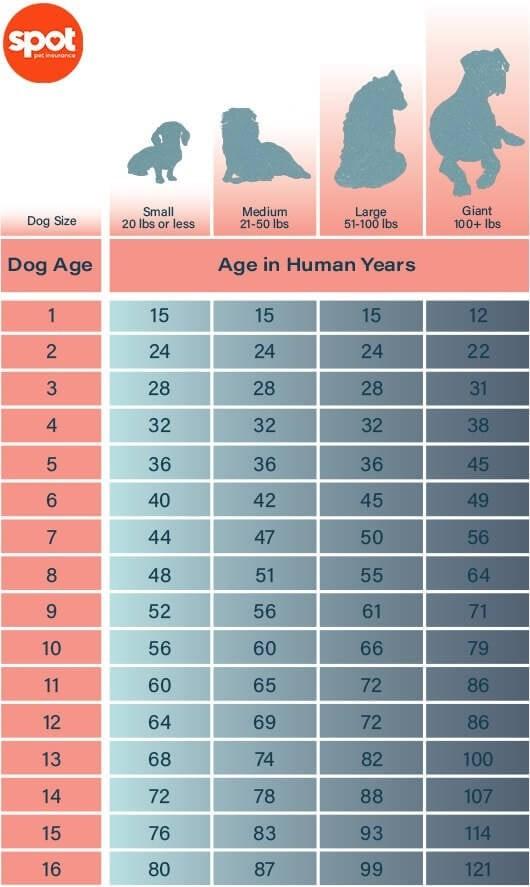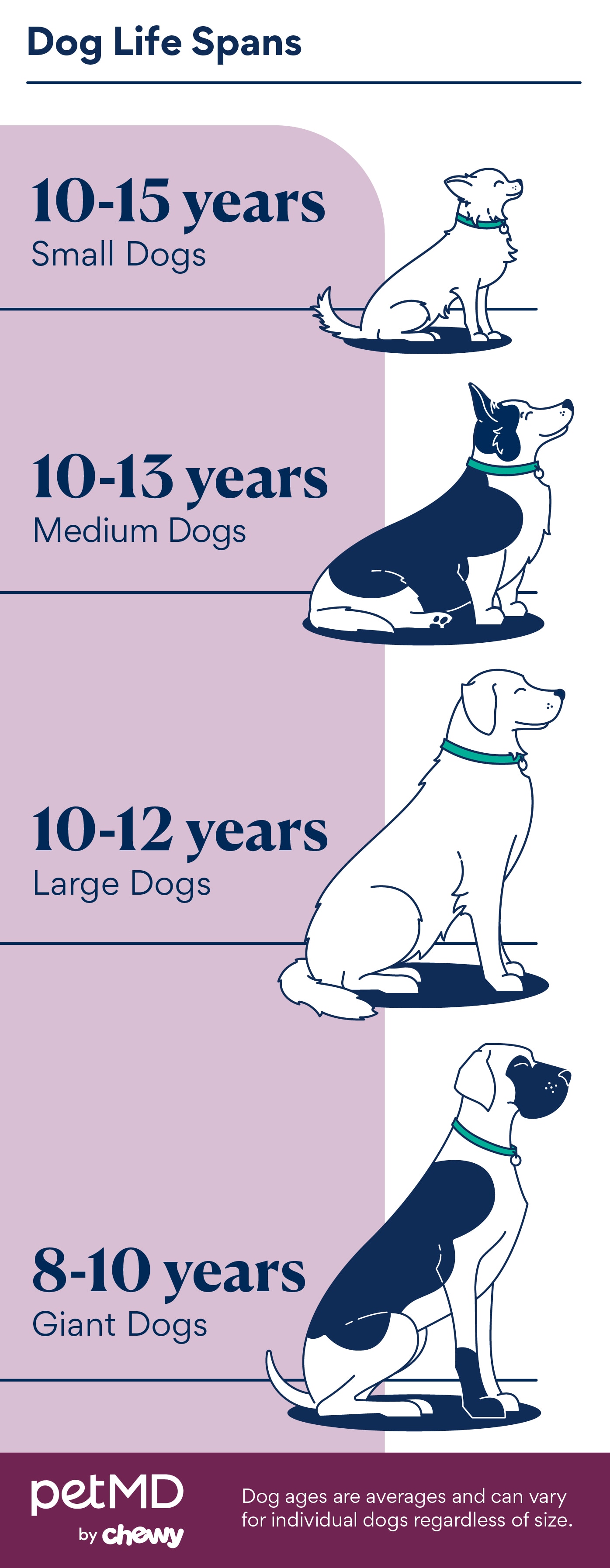Last Updated on September 24, 2025 by Emily Hartman
Are you thinking about breeding your dog but unsure of the right age to start? It’s a crucial question that can impact the health and well-being of both the mother and her pups.
Breeding too early or too late can pose risks, so getting the timing just right is essential. Imagine ensuring your dog’s best health while also planning for a litter of healthy puppies. Sounds ideal, doesn’t it? This guide will delve into the perfect age for breeding your dog, ensuring you’re making informed and responsible decisions.
Stay with us to discover the optimal age for your furry friend to embark on this new chapter, ensuring a safe and healthy journey for all.

Credit: www.pinterest.com
Contents
Optimal Age For Breeding
Determining the optimal age for breeding dogs is essential for their health. Breeding too early can lead to complications. Waiting too long might reduce fertility. Responsible breeders focus on the right timing. This ensures the well-being of both dogs and puppies.
Understanding Physical Maturity
Dogs should reach physical maturity before breeding. This means their bodies are fully developed. Larger breeds take longer to mature. Smaller breeds mature faster. Physical maturity is crucial for a healthy pregnancy.
Age Guidelines For Male Dogs
Male dogs can breed at a younger age. Often, they are ready by 12 months. Some breeds may need more time. It’s best to consult a veterinarian. This ensures the male is in good health.
Age Guidelines For Female Dogs
Female dogs need more time before breeding. They should be at least 18 months old. This allows them to reach full maturity. Early breeding can harm their health. Prioritize their well-being for successful breeding.
Signs Of Readiness
Observe behavioral changes in your dog. Increased affection can be a sign. Restlessness might also indicate readiness. Consult a vet for confirmation. This helps ensure optimal breeding conditions.
The Role Of Breed
Breed plays a significant role in determining age. Each breed has its own maturity timeline. Larger breeds often mature slower. Smaller breeds may be ready sooner. Understanding these differences is important.
Consulting With Experts
Veterinary advice is crucial for breeding decisions. Experts can assess the health of your dog. They offer insights into the best breeding age. Regular check-ups ensure your dog is healthy. This leads to successful and safe breeding.

Credit: spotpet.com
Health Considerations
Breeding dogs is a significant responsibility. Ensuring the health of both the parent dogs and the puppies is crucial. Before deciding to breed, consider the dog’s health and readiness. Neglecting health can lead to complications for dogs and puppies. Understanding the right age and health conditions is vital for successful breeding.
Physical Health
Dogs need to be in good physical shape before breeding. Regular vet check-ups ensure they are healthy and free from diseases. A strong immune system is essential. Dogs should not be overweight or underweight. Proper nutrition supports their overall well-being.
Genetic Health
Genetic testing helps identify hereditary diseases. Breeding dogs should be free from genetic disorders. This prevents passing health issues to puppies. Choose dogs with a healthy genetic history. Responsible breeders prioritize genetic health.
Mental Health
Mental stability is important for breeding dogs. Stress and anxiety affect their behavior and health. Dogs should be calm and sociable. A stable environment supports their mental well-being. Ensuring mental health leads to healthier puppies.
Age affects a dog’s ability to breed safely. Young dogs may not be mature enough. Older dogs face increased health risks. The ideal breeding age varies by breed. Consult with a vet for age recommendations. Proper age ensures healthier breeding outcomes.
Breed-specific Factors
Understanding breed-specific factors is essential for responsible dog breeding. Different breeds have unique characteristics and health considerations. These factors influence the appropriate age for breeding. Knowing these helps ensure healthy offspring. Avoiding premature breeding reduces health risks. Read on to explore key breed-specific factors.
Physical Maturity
Different breeds mature at varying rates. Large breeds often take longer to reach physical maturity. Smaller breeds mature more quickly. Physical maturity impacts fertility and health. Breeding too early can lead to complications. Ensure your dog has reached full physical maturity before breeding.
Breed-specific health issues must be considered. Some breeds are prone to genetic conditions. These can affect breeding age. Consult a vet for health checks. Screening for conditions ensures healthier puppies. Address health concerns before breeding.
Temperament And Behavior
Behavioral maturity varies among breeds. Some breeds are known for specific behavioral traits. Maturity in behavior is important for successful breeding. A well-behaved dog is more likely to care for its offspring. Observe your dog’s temperament before deciding to breed.
Size And Weight
Size and weight affect breeding readiness. Larger dogs may require more time to develop. Smaller dogs often mature faster. Consider your dog’s size in relation to breeding age. Proper size ensures safe breeding practices.
Breeding History
Previous breeding history impacts future breeding decisions. If your dog has bred before, assess past outcomes. Successful previous breeding can indicate readiness. Evaluate past health and litter success. Use this information to decide on breeding age.

Credit: www.petmd.com
Frequently Asked Questions
What Is The Best Age For Dogs To Start Breeding?
Dogs should be at least 1. 5 years old. This ensures maturity and good health for breeding.
Can A Dog Be Too Old To Breed?
Yes, dogs over 7 years may face health risks. Always consult a vet first.
How Many Litters Can A Dog Safely Have?
A dog should have no more than 4-6 litters. This keeps the mother healthy.
Does Breed Affect The Ideal Breeding Age?
Yes, larger breeds mature slower. They may need more time before safe breeding.
Conclusion
Breeding dogs requires careful consideration. Age matters. Young dogs face risks. Health is crucial for both parents. Consult your vet before breeding. Puppies need strong genes. Proper age ensures healthy offspring. Avoid breeding too early. This helps prevent complications. Choose dogs with stable temperaments.
This improves puppy quality. Responsible breeding protects future generations. Focus on well-being. Always prioritize your dog’s health. Educate yourself on breeding practices. This helps make informed decisions. Patience leads to better outcomes. Your dog’s age impacts its ability to breed.
Make sure they are ready. Responsible breeders ensure happy, healthy dogs.

Emily Hartman is a lifelong dog lover, writer, and canine care enthusiast. With years of experience in pet parenting and a deep passion for helping others raise happy, healthy dogs, she shares practical tips, thoughtful advice, and product recommendations to make life better for pups and their people. When she’s not writing, you’ll find her hiking with her rescue lab, Milo, or exploring new dog-friendly spots around town.

